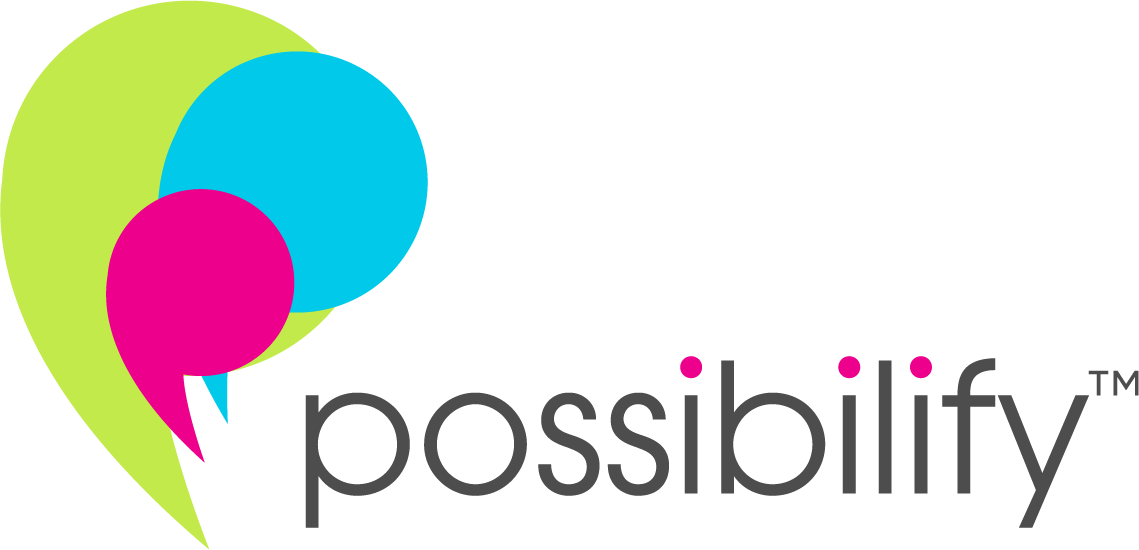- Anti-Racism Tip #8: If It Needs a Disclaimer, Don’t Say It - October 18, 2022
- On Tender Moments that Take Us By Surprise - May 18, 2022
- Finding Creative Ways to Exercise During the Pandemic - April 29, 2022
Have you ever found something that is disproportionately satisfying?
I recently listened to an interview on the Smart Passive Income Podcast where Pat Flynn interviewed Chris Guillebeau, author of Born for This, about his online business success (I am raving fan of both of these guys). The whole interview was awesome but the moment that stuck with me was when Chris Guillebeau said that he thinks everyone should find something that is “disproportionately satisfying” in their lives.
So what does disproportionately satisfying mean?
What this means is that you may put in a significant amount of time and effort to complete the thing you set out to do and you get a huge amount of satisfaction from the end product or outcome, even if that outcome may seem small. It also means that if people were looking in from the outside, they may not understand why you put so much effort into it in the first place for such a seemingly small pay-off. But the huge effort is worth it because the outcome provides a disproportionate amount of satisfaction in the end.
In the interview, Chris Guillebeau gave an example of something he found disproportionately satisfying: although he was making a good living in his full-time job, he felt way more excited when he made his first $3 in his online business. This satisfaction is “disproportionate” because he got a much greater amount of satisfaction from making just $3 working for himself than from the much higher amount of money he was making while working for someone else.
Three Examples of Things I Have Found Disproportionately Satisfying
This idea of finding things that are disproportionately satisfying really resonates with me.
There are several times in my life where I’ve found something disproportionately satisfying. When I first started playing beach volleyball in British Columbia while in high school, my sister and I would register in AA tournaments and the prize was usually a knapsack and/or a t-shirt. We would play for upwards of 8 hours to finish the tournament and only the top two teams would get a prize. The process of competing and of winning the tournament, as many athletes know, is one of the huge payoffs of participating in competitive sports. But for some reason the icing on the cake was getting those prizes. Ironically, the value of the prizes didn’t even equal the amount we paid to enter the tournament but, for us, receiving those prizes was disproportionately satisfying.
A second example came from publishing my first co-edited book with my Dad. We worked really hard on curating and editing the articles and over a year later we finally got to hold the hard copy of that book in our hands. My Dad kindly signed over all the royalties to me and I still get a cheque every year in an amount ranging from $35 to $150. It’s a relatively small amount of money for the significant amount of time we and all the contributing authors put into finalizing the book. But all that effort was totally worth it. Seeing the book in print and getting those nominal royalty cheques is still disproportionately satisfying.
A third and final example is that during my year in the Netherlands competing on an indoor professional volleyball team, I got back to sketching with charcoal. I decided to sketch a portrait for one of my teammate’s birthdays – the amazing Russian superstar on our team. Her portrait took me about 4 hours to complete. It took me longer than usual since I was especially careful as it was the first sketch I was giving to someone else. I also took a lot of care to make sure that it looked just like her. The look of excitement on her face when she opened it was amazing! I watched as her face flushed and she studied it carefully. She even commented that I had drawn her nose perfectly. Witnessing that split second of surprise, joy, and excitement spread across her face was worth the four hours. of effort I had put in It was definitely disproportionately satisfying.
Artists, musicians, knitters, quilters, stand-up comedians, writers and athletes and other creators all know what this is like. For people committed to their craft, money is nice and often essential to supporting their continued engagement in their craft. But often the biggest pay-off comes through intangible, immeasurable feelings of satisfaction and mastery. The pay-off also comes from seeing the joy on other people’s faces in appreciating what you have created or in celebrating your accomplishments with you.
Because of these experiences, I can get behind the idea that everyone needs to find something that is disproportionately satisfying. Everyone will benefit from finding that activity or hobby where the payoff received is so much bigger than it might seem to someone looking in from the outside.
Three Ways to Find Things that Disproportionately Satisfying to You
So how do we figure out that thing that is disproportionately satisfying? Here are some ideas to get you started:
1. Think of something that you love to do, something that brings up good memories or feelings of satisfaction.
Is there anything you love doing ? Is there anything you get so engrossed in that time seems to stand still? Go back to your childhood and think about something you loved when you were little. Is this something you could start doing again? If not, identify what it was about that activity that you liked so much. If you loved the feeling of achievement, pick something where you can learn and see your improvement. If you love working with your hands and creating physical things to hold, use and admire, then pick something that fits that criteria. If you love sharing ideas, find a way to do this either by writing books, making podcasts or through another medium.
2. Think of something you have always wanted to do but haven’t mustered up the courage to try it yet.
Is there something that has always been on your bucket list to try? If so, think about a small step you could take to get started on it. Even if the idea seems very far away, breaking down how you might take the first few steps to get started can be a way to build momentum. For a step-by-step guide to figuring out how to get started see Bridging the Gap Between Knowing and Doing.
3. Think about the life you dream of and what it is about that life that appeals to you.
What is it about that life that is so appealing? For example, if starting your own business has always appealed to you because of the freedom of being in charge and making all the decisions then consider whether you might be able to find slivers of time to start something on the side. If that little sidegig becomes lucrative, then your vision might just come true. Even if it builds a little bit of spending money on the side OR just fills your need to feel excited and passionate about something in your life again, it might fill a need or infuse some passion into your life that you have been missing.
Or maybe you dream of having a big house or cottage and inviting lots of friends to it. Perhaps the satisfaction of it is the generosity in sharing your with others. If that is the case, then perhaps volunteering your time so that you are generously sharing your skills with others would be that disproportionately satisfying activity for you.
So think about whether you can find the time to fit something into your day or week that you find disproportionately satisfying. If you have already found that thing, bravo – keep at it! For those who might still be looking, we can’t wait to see that look of excitement on your face once you find what it is for you!
We would love to hear about something you find disproportionately satisfying in the comments below. And if you likes this article, share it!


Recent Comments